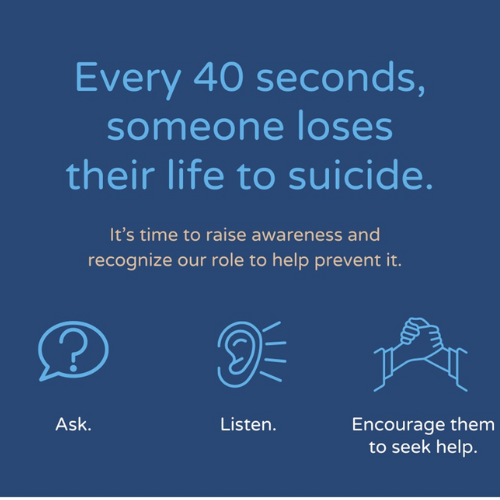Educating Children of African Immigrants in the United States About Bipolar Disorder

Some African immigrant families in the United States have difficult circumstances that push their children to take their own lives. Attention is required because this is a severe problem. However, why does it occur and what can we do to stop it?
Explaining the Complexity
First and foremost, it’s critical to understand that these kids’ suicides have a variety of causes. It resembles a jigsaw puzzle with many pieces. Mental health is one component of the puzzle. Children may experience extreme sadness or hopelessness from time to time, and they may not know how to handle these emotions. This may cause them to consider self-harm.
The pressure to achieve is an additional component. A lot of African families have high expectations for their offspring. Their wish is for them to succeed academically, land a decent career, and lead better lives. However, for some children, this pressure may be too much. If they perform poorly in school or fall short of their parents’ expectations, they may feel as though they are disappointing their families.
The problem of fitting in is another. Children born to African immigrants in the United States can experience a sense of alienation. They may experience prejudice or harassment due to their appearance or heritage. It can be really difficult and even make someone feel lonely to feel like they don’t belong.
Additionally, some individuals think that suicide can have a spiritual component. There is a considerable belief in ghosts and ancestors in various African civilizations. Some kids may struggle to reconcile their African heritage with American society, or they may feel cut off from it altogether. It can be very difficult to resolve this internal struggle.
Paths to Prevention
What can we do, then, to help stop African immigrant children from committing suicide?
Promoting Open Dialogue:
Open communication regarding mental health is crucial. Kids should understand that it’s acceptable to seek assistance when they’re depressed or feeling stressed. Collaboratively, parents and schools can offer resources and support to children who are experiencing difficulties.
Destigmatizing Mental Health:
Reducing the stigma associated with mental health in African communities is also essential. There is occasionally a misconception that seeking therapy or discussing feelings with someone is a sign of weakness. But that is just untrue! Seeking assistance is a courageous and crucial first step on the road to recovery.
Balancing Expectations:
In an effort to lessen the strain on their kids, parents can also try. While having high standards is admirable, it’s equally critical to teach children that mistakes are acceptable. You can help them feel less anxious and more confident by telling them to try their hardest without placing too much pressure on them.
Empowering Schools
Schools have a significant role to play in helping these kids. Teachers ought to receive training on identifying the warning signals of mental health problems and offering services to pupils in need of assistance. It’s important to create a warm, accepting environment where kids of all ages feel included.
Celebrating Cultural Heritage
Lastly, it’s critical to recognize and value the diversity of immigrant families from Africa. Kids should realize that their cultural background is respected and that they should be proud of their ancestry. Developing a strong sense of self and community can aid in preventing feelings of loneliness and isolation.
To sum up, the topic of suicide among children of African immigrants residing in the United States is multifaceted and involves various aspects. We can fight to prevent these tragedies and make sure that all children feel supported and valued by embracing cultural diversity, lowering stigma, relieving pressure, offering help in schools, and treating mental health openly.
